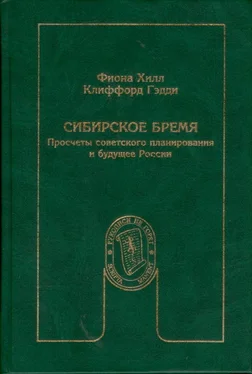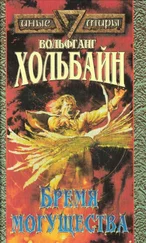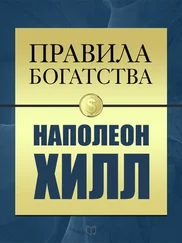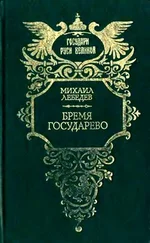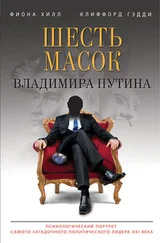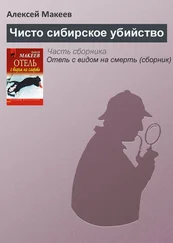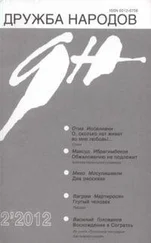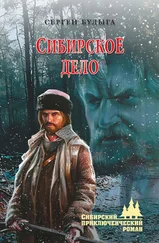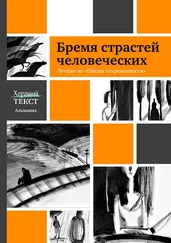Kennan, George F., The Decline of Bismarck’s European Order. Princeton University Press, 1979.
—//—. The Fateful Alliance: France, Russia, and the Coming of the First World War. Pantheon, 1984.
Kennaway, Alexander. The Mental and Psychological Inheritance of Contemporary Russia. Sandhurst, England: Conflict Studies Research Center, 1996.
Kennedy, Paul. The Rise and Fall of the Great Powers: Economic Change and Military Conflict from 1500 to 2000. Random House, 1987.
Kirkow, Peter. Russia’s Provinces: Authoritarian Transformation versus Local Autonomy. St. Martin’s Press in association with the Centre for Russian and East European Studies, University of Birmingham, 1998.
Kissinger, Henry. Diplomacy. Touchstone, 1994.
Knorr, Klaus. Power and Wealth: The Political Economy of International Power. Basic Books, 1973.
Kochan, Lionel, and Richard Abraham. The Making of Modern Russia. 2d ed. Har-mondsworth, Middlesex: Penguin Books, 1983.
Koebner, Richard, and Helmut Dan Schmidt. Imperialism: The Story and Significance of a Political Word, 1840- 1960. Cambridge University Press, 1964.
Kohn, Hans. Nationalism: Its Meaning and History. Princeton, N.J.: Van Nostrand, 1965.
Kokoshin, Andrei. Reflections on Russia’s Past, Present, and Future. Cambridge, Mass.: Strengthening Democratic Institutions Project, June 1997.
Komachi, Kyoji. Concept-Building in Russian Diplomacy: The Struggle for Identity from «Economization» to «Eurasianization». Cambridge, Mass.: Center for International Affairs, May 1994.
Kontorovich, Vladimir. «Can Russia Resettle the Far East?» Postcommunist Economies 12, no. 3 (2000): 365-84.
—//—. «Economic Crisis in the Russian Far East: Overdevelopment or Colonial Exploitation?» Post-Soviet Geography and Economics 42, no. 6 (2001): 391—415.
Kortunov, Andrei, and Andrei Volodin. Contemporary Russia: National Interests and Emerging Foreign Policy Perceptions. Cologne: Bundesinstitut fur ostwissen-schaftliche und internationale Studien, 1996.
Kozyrev, Andrei. «Russia: Chance for Survival». Foreign Affairs, Spring 1992.
Kramer, Mark. «The Early Post-Stalin Succession Struggle and Upheavals in East-Central Europe: Internal-External Linkages in Soviet Policy (Part 1)». Journal of Cold War Studies 1, no. 1 (Winter 1999).
—//—. «The Early Post-Stalin Succession Struggle and Upheavals in East-Central Europe: Internal-External Linkages in Soviet Policy (Part 2)». Journal of Cold War Studies 1, no. 2 (Spring 1999).
—//—. «The Early Post-Stalin Succession Struggle and Upheavals in East-Central Europe: Internal-External Linkages in Soviet Policy (Part 3)». Journal of Cold War Studies 1, no. 3 (Fall 1999).
Krypton, Constantine. «The Economy of Northern Siberia, 1959—1965». Russian Review 19, no. 1 (1960): 47-55.
Kuchins, Andrew, ed. Russia after the Fall. Washington: Carnegie Endowment for International Peace, 2002.
Landes, David. The Wealth and Poverty of Nations: Why Some Are So Rich and Some So Poor. W. W. Norton, 1998.
Langer, William. The Diplomacy of Imperialism, 1890-1902. Alfred A. Knopf, 1956.
Langlais, Richard. Reformulating Security: A Case Study from Artie Canada. Goteborg University, 1995.
Laqueur, Walter. Black Hundred: The Rise of the Extreme Right in Russia. HarperCollins, 1993.
Leasure, J. William, and Robert A. Lewis. «Internal Migration in Russia in the Late Nineteenth Century». Slavic Review!!, no. 3 (September 1968): 375—94.
Lederer, Ivo. Russian Foreign Policy: Essays in Historical Perspective. Yale University Press, 1962.
LeDonne, John P. The Russian Empire and the World. Oxford University Press, 1997.
Lee, Lisa. Housing Maintenance and Management in Russia during the Reforms. Washington: Urban Institute, 1996.
Lewis, Robert, Richard Rowland, and Ralph Clem. Nationality and Population Change in Russia and USSR: An Evaluation of Census Data, 1897- 1970. Praeger, 1976.
Lieven, Dominic. The Aristocracy in Europe, 1815–1914. Columbia University Press, 1992.
—//—. Empire: The Russian Empire and Its Rivals. London: John Murray, 2000.
—//—. Nicholas II: Twilight of the Empire. St. Martin’s Press, 1993.
—//—. Russia and the Origins of the First World War. St. Martin’s Press, 1983.
—//—. Russia’s Rulers under the Old Regime. Yale University Press, 1989.
Linz, Susan J. The Impact of World War II on the Soviet Union. Totowa, N. J.: Rowman & Allanheld, 1985.
Lockwood, David. The Destruction of the Soviet Union: A Study in Globalization. St. Martin’s Press, 2000.
Lomborg, Bjorn. The Skeptical Environmentalist: Measuring the Real State of the World. Cambridge University Press, 2001.
Lukin, Alexander. «Russia’s Image of China and Russian-Chinese Relations». Brookings Center for Northeast Asian Policy Studies, 2001.
Lydolph, Paul E. Climates of the Soviet Union. New York: Elsevier Scientific, 1977.
Lynch, Allen С «Roots of Russia’s Economic Dilemmas: Liberal Economics and Illiberal Geography». Europe-Asia Studies 54, no. 1 (2002): 31-49.
Lynn, Nicholas, and Alexei Novikov. «Refederalizing Russia: Debates on the Idea of Federalism in Russia». PubliusTi , no. 2 (Spring 1997): 187—203.
MacKenzie, David, and Michael Curran. A History of Russia and the Soviet Union. Revised ed. Homewood, III.: Dorsey Press, 1982.
Mackinder, Halford J. «The Geographical Pivot of History». Geographical Journal 23, no. 4 (April 1904): 421-44.
Makarychev, Andrei. The Region and the World: The Case of Nizhnii Novgorod. Working Paper 6. Zurich: Center for Security Studies and Conflict Research, May 2001.
Malthus, Thomas. An Essay on the Principle of Population, as It Affects the Future Improvement of Society with Remarks on the Speculations of Mr. Godwin, M. Condorcet, and Other Writers, June 7, 1798. London: Printed for J. Johnson, in St. Paul’s Church Yard, 1798.
Manilov, Valery. The National Security of Russia. Cambridge, Mass.: Strengthening Democratic Institutions Project, June 1997.
Massey, Stephen. «Russia’s Maternal and Child Health Crisis: Socio-Economic Implications and the Path Forward». EastWest Institute Policy Brief 1, no. 9 (December 2002).
Matthews, Melvyn. The Passport Society: Controlling Movement in Russia and the USSR. Boulder, Colo.: Westview Press, 1993.
May, Ernest. American Imperialism: A Speculative Essay. New York: Atheneum, 1968.
McDaniel, Tim. The Agony of the Russian Idea. Princeton University Press, 1996.
McDonald, David. United Government and Foreign Policy in Russia, 1900—1914. Harvard University Press, 1992.
McNeil, Robert, ed. Russia in Transition 1905— 1914: Evolution or Revolution? Huntington, N.Y.: Robert E. Krieger Publishing Company, 1976.
McNeill, William. The Pursuit of Power: Technology, Armed Force, and Society since
AD 1000. Oxford: Basil Blackwell, 1983. Mellor, Roy. The Soviet Union and Its Geographic Problems. London: Macmillan, 1982.
Mendras, Marie, «La Russie dans les tetes». Commentaire 18, no. 71 (Autumn 1995): 501-10.
Merk, Frederick. Manifest Destiny and Mission in American History: A Reinterpreta-tion. Knopf, 1963.
Mikhailova, Tatiana. «Where Russians Should Live: A Counterfactual Alternative to Soviet Location Policy». Unpublished paper. Pennsylvania State University (3 December 2002).
Читать дальше
